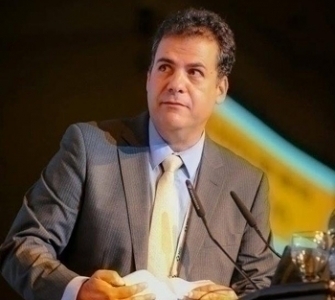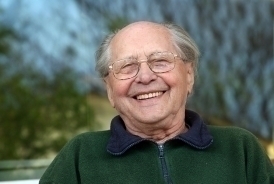Interventional Cardiology
Interventional cardiology is a branch of cardiology that deals specifically with various non-surgical procedures for treating cardiovascular disease. Interventional cardiologists use catheters – thin, flexible tubes – to get inside blood vessels for diagnostic tests or to repair damaged vessels or other heart structures, often avoiding the need for surgery.
A large number of procedures can be performed on the heart by catheterization. This most commonly involves the insertion of a sheath into the femoral artery (but, in practice, any large peripheral artery or vein) and cannulating the heart under X-ray visualization (most commonly fluoroscopy).
A large number of procedures can be performed on the heart by catheterization. This most commonly involves the insertion of a sheath into the femoral artery (but, in practice, any large peripheral artery or vein) and cannulating the heart under X-ray visualization (most commonly fluoroscopy).
SECOND OPINION EXPERTS IN INTERVENTIONAL CARDIOLOGY
Director, Cardiac Catheterization Services at The Heart Center
Chaim Sheba Medical Center, Tel-Hashomer, Israel
Specialty
Cardiac catheterization, Percutaneous Coronary Interventions, Valvular Interventions, Carotid Artery Stenting, Subclavian Stenting
FACTS ABOUT INTERVENTIONAL CARDIOLOGY
70%
More than 70% of all catheterizations are performed through the radial artery.
1 in 20
About 1 in 20 people aged over 65 have some degree of this type of aortic stenosis.
70%
over 70% of coronary angioplasty procedures also include stenting.
How It works?
Create an account
Select from our world leading physicians
Describe your medical condition
Upload your medical records
Get your second opinion report
OUR TESTIMONIALS


